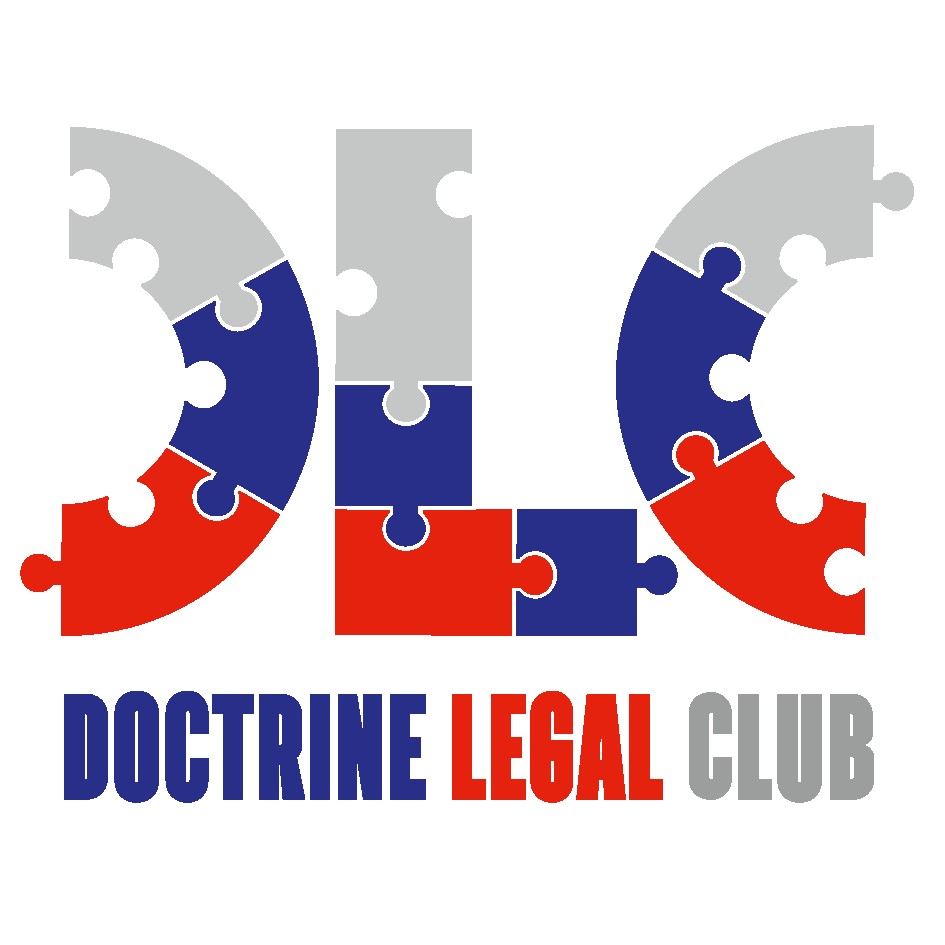In the present article the author makes an assumption that the wording of the preamble of the Constitution of the Russian Federation of 1993 that the multinational people of Russian «is united by a common fate on their land» is not just a decorative declaration, but has a profound philosophical, cultural, historical and legal grounds. This formula reflects the specific tradition, cultural identity and the «independence» of the Russian law and Russian statehood, the path of becoming of which at times diverge from the western, European one. This discrepancy can be explained in terms of philosophical debate between realists and nominalists, which, in part, is being continued by J. Rawls and J. Habermas. This debate, in author’s opinion, can bring clarity to the understanding of modern concepts of human rights, the idea of socio-historical basis of limitation of rights. This aspect is particularly important, bearing in mind the unfolding conflict of matching of so-called liberal European and traditional Russian legal values.
